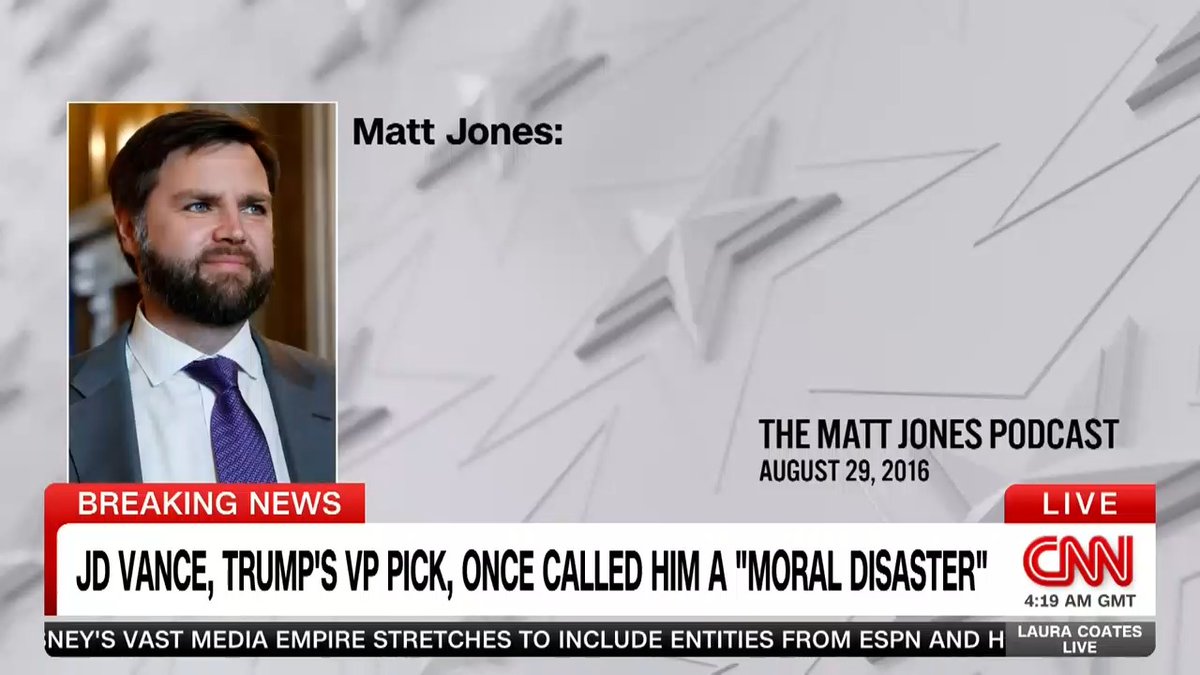The statement and the conversation it refers to constitute public discourse as they engage with public issues, specifically the character and actions of political figures, which are relevant to civic dialogue.
- The statement does not appear to cause direct harm with words and actions, but it does involve a critical assessment of a public figure's ambition, which could be seen as a form of political critique rather than personal harm.Principle 1:I will strive to do no harm with my words and actions.
- The statement does not engage in cyberbullying, harassment, or hate speech. It focuses on a public figure's actions and statements, which are generally considered fair game in public discourse. [+1]Principle 2:I will respect the privacy and dignity of others and will not engage in cyberbullying, harassment, or hate speech.
- The statement does not explicitly promote understanding, empathy, or compassion. It is more focused on highlighting a perceived inconsistency in a public figure's behavior.Principle 3:I will use my words and actions to promote understanding, empathy, and compassion.
- The statement engages in constructive criticism by pointing out a change in Vance's ambition. It does not resort to personal attacks or ad hominem arguments. [+1]Principle 4:I will engage in constructive criticism and dialogue with those in disagreement and will not engage in personal attacks or ad hominem arguments.
- The statement upholds the principles of free speech and uses the platform responsibly by engaging in political critique, which is a legitimate form of public discourse. [+1]Principle 7:I will uphold the principles of free speech and use my platform responsibly and with integrity.
